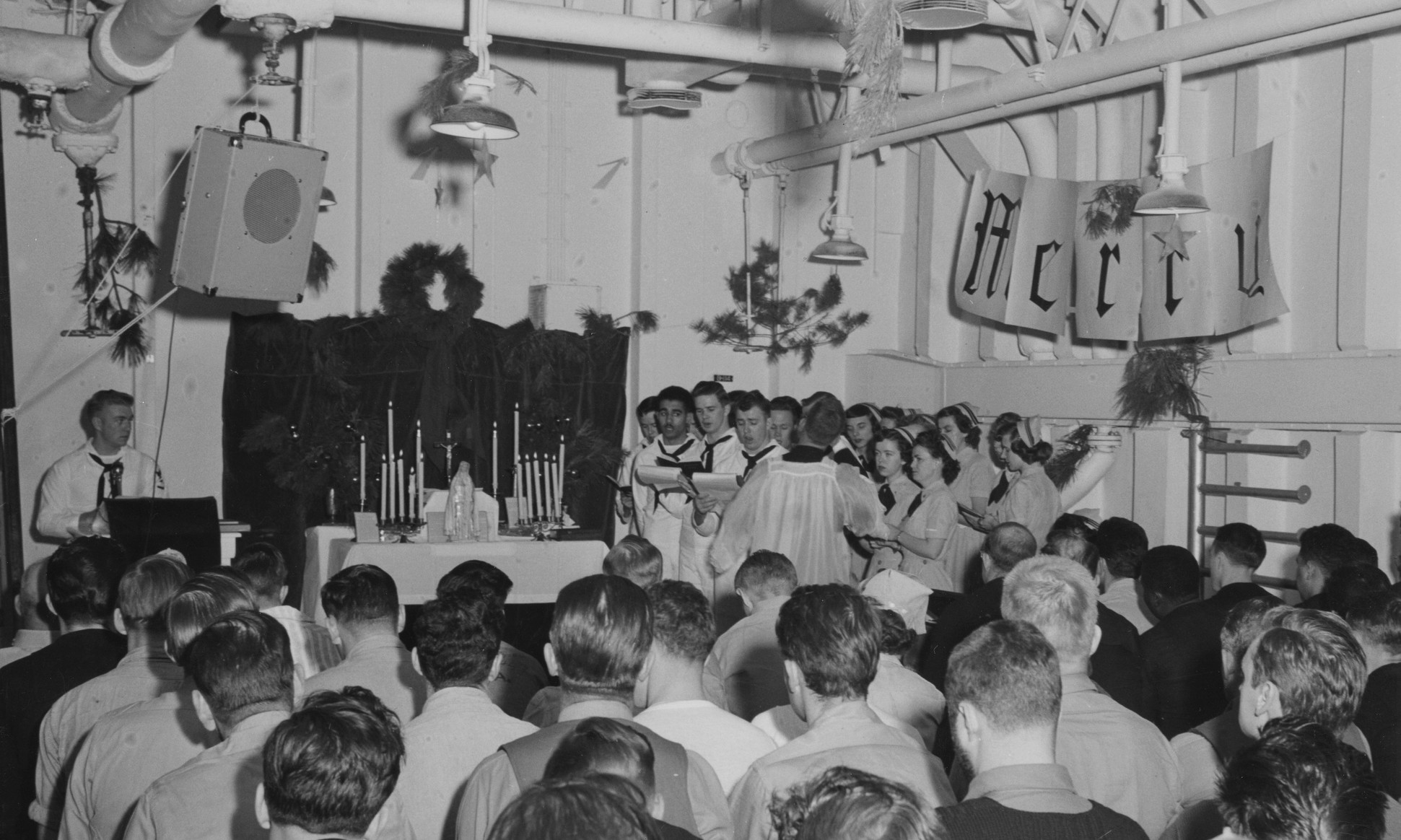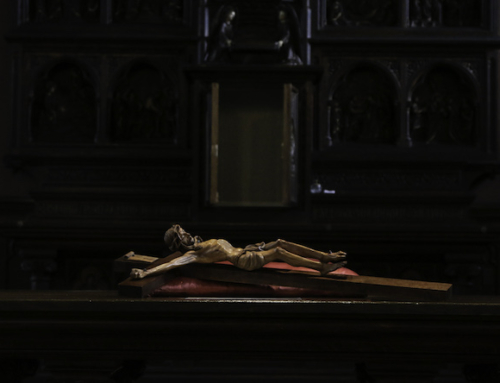As she crossed the threshold, she breathed again. One, long, deep breath. Moments earlier, a powerful surge, unseen, unheard, whisked away her burden untold. Her tears and her shame had been met with the simple words: “I absolve you…”
Ever since Jesus gave the power of forgiveness to the Apostles, the Church has poured out the mercy of God. Right now, that mercy is abundant. First of all, it’s the Jubilee Year of Mercy. Pope Francis is opening wide the Church’s doors to penitents. Even more, we are in the second week of Lent. This is when Catholic churches offer more services, including parish missions and especially the sacrament of mercy: Confession.
For those away from Confession, there are the usual questions: “What are you supposed to say again?” or “How does this work?” But there are also other important, unasked questions. What happens after forgiveness? After we’ve walked into the confessional, where do we go?
There are many correct answers. I want to focus on one.
Each morning, the Church sings the Canticle of Zechariah in Morning Prayer:
This was the oath he swore to our father Abraham:
to set us free from the hands of our enemies,
free to worship him without fear,
holy and righteous in his sight all the days of our life. (Luke 1:73-75)
God’s forgiveness makes us free. This freedom is not to return to our old ways. Instead, we are made “free to worship him.” In other words, God gives us mercy, and we give Him worship.
Catholics may be a little uneasy with this. The word “worship” is not part of our usual lingo. Sure, our parish may use “the red Worship hymnal,” but to be blunt, “worship” seems to have a rather Protestant ring to it.
This need not be true, and there is a story in the Gospel that illustrates what Catholic worship really is. In chapter 17 of the Gospel of Luke, we read that Jesus heals ten lepers and that only one of the group, the Samaritan, returns and worships Jesus. Here is the pivotal verse:
Then one of them, when he saw that he was healed, turned back, praising God with a loud voice; and he fell on his face at Jesus’s feet, giving him thanks. (Luke 17:15)
This verse contains two important Greek words for Catholics: δοξάζων (“praising God”) and εὐχαριστῶν (“giving thanks”).
Earlier in Luke’s Gospel, a different form of δοξάζων is used by the angels as they announce the birth of Christ: “Glory to God in the highest…” (Luke 2:14). This angelic song resounds in the Church’s worship when she sings the Gloria at Mass. (Of course, we’ll have to wait until Easter to hear the Gloria again.)
It’s also interesting that Catholics sing the Gloria immediately after the Kyrie. This pairing is also seen in the story of the ten lepers. First, the lepers beg for mercy, even using the word eleison. Then, the faithful leper returns to worship. At Mass, we follow a similar rhythm. First, we beseech the Lord: Kyrie, eleison! And then we worship God: “Glory to God in the highest…”
The second Greek word, εὐχαριστῶν, has immediate connections for Catholics. Just pronounce it or even look at it: euchariston. From this word derives our word “Eucharist.” In the general sense, this highlights the importance of giving thanks for God’s mercy. But more specifically, it points us to the Eucharist and to Mass. For the forgiven Christian, the best offering we can bring to God is the Eucharist.
We can see this offering as well in the prayers of St. Faustina for the Chaplet of Divine Mercy, in particular:
Eternal Father, I offer You the Body and Blood, Soul and Divinity of Your dearly beloved Son, Our Lord Jesus Christ, in atonement for our sins and those of the whole world.
This approach to worship is very much in the Catholic wheelhouse. Having been forgiven in Confession, we can worship God by cultivating a habit of giving praise and thanks to Him during our daily lives, and above all at Mass.
✠
Image: Navy Medicine, Christmas Mass on the USS Repose







